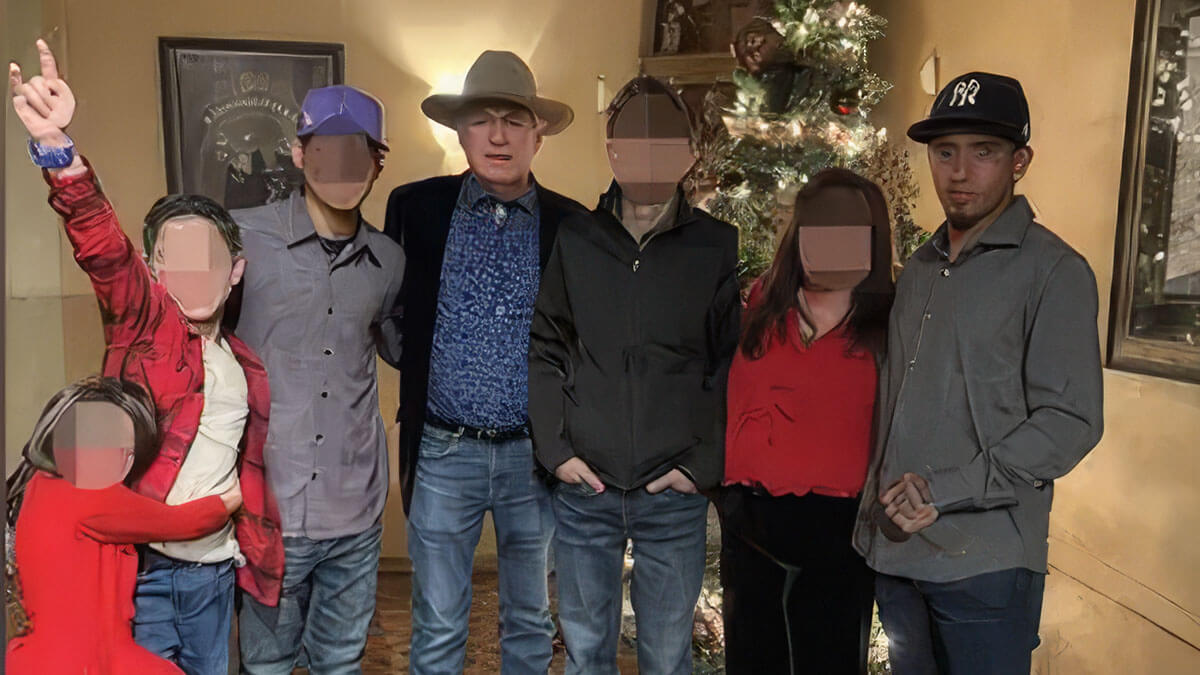In a turn of events that has raised eyebrows across the nation, New Mexico Magistrate Judge Jose "Joel" Cano has tendered his resignation after federal authorities arrested an alleged Venezuelan gang member who had been residing at his home. The suspect, identified as Ortega-Lopez, is believed to be connected to the Tren de Aragua gang, which the Trump Administration classified as a terrorist organization.
The situation unfolded in Las Cruces, New Mexico, where Ortega-Lopez, having entered the United States through Eagle Pass, Texas, was living on Judge Cano's property. Initially released on immigration parole due to overcrowding at detention facilities, Ortega-Lopez was able to avoid immediate deportation under previous border policies often referred to as "catch and release." These policies have since been halted by the Trump Administration.
Scrutiny intensified after court documents revealed that Judge Cano, a former police officer, permitted Ortega-Lopez to use his address for immigration relief requests. Compounding the issue, federal prosecutors have produced photos of the suspected gang member posing with the judge, further entangling Cano in the controversy.
Ortega-Lopez's arrest by ICE agents stemmed from allegations of illegal firearm possession. Evidence from social media, presented by prosecutors, showed Ortega-Lopez at a shooting range with other illegal aliens, brandishing various firearms, including AR-15-style rifles and semiautomatic handguns. A particularly incriminating video depicts him firing a suppressor-equipped AR-15, emptying the magazine, and swiftly reloading to continue firing. Additional firearms were discovered in a property owned by Cano's daughter, where Ortega-Lopez reportedly stayed.
The tattoos visible in the photos are said to be indicative of Ortega-Lopez's ties to Tren de Aragua, notorious for drug and human trafficking and alleged connections to Venezuelan dictator Nicolas Maduro's regime. Ortega-Lopez met Nancy Cano, the judge's wife, in El Paso and began working as a handyman before relocating to their New Mexico property.
During a detention hearing, prosecutors argued that Ortega-Lopez is a flight risk, leading to his current incarceration at the Dona Ana County Detention Center. The charges against him include being an illegal alien in possession of firearms. As of now, authorities have not disclosed whether Judge Cano or his wife will face charges related to harboring Ortega-Lopez.
This case has brought to light Tren de Aragua's expanding presence in the United States, with previous ICE raids targeting the gang's strongholds. One such raid occurred at Whispering Pines Apartments in Aurora, Colorado, a known bastion of the gang's operations, where six men were detained.





